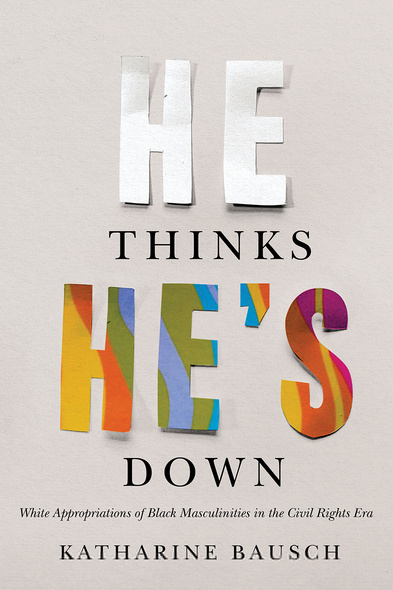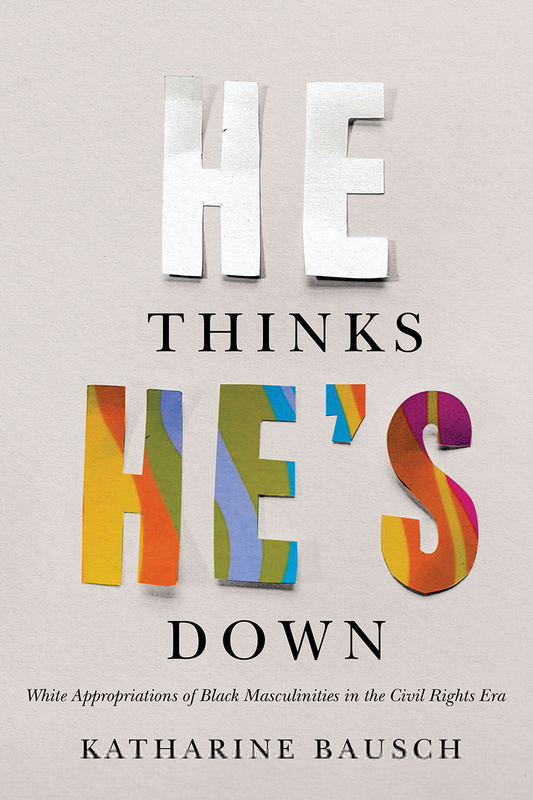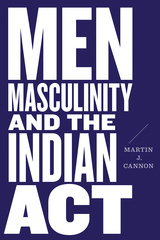
He Thinks He's Down
White Appropriations of Black Masculinities in the Civil Rights Era
The end of the Second World War saw a “crisis of white masculinity” brought on by social change. As a result, several prominent white male pop culture figures sought out and appropriated African American cultural trappings to benefit from what they believed were powerful Black masculinities.
In He Thinks He’s Down, Katharine Bausch reveals the intricate relationships between racialized gender identities, cultural appropriation, and popular culture during the Civil Rights Era. Drawing on case studies from three genres of popular culture – literature, fashion, and film – Bausch untangles the ways in which white male artists took on imagined Black masculinities in their work in order to negotiate what it meant to be a man in America at this time. Through this negotiation, the power and privilege of whiteness and of masculinity was reinforced.
While Norman Mailer’s and Jack Kerouac’s literature, Hugh Hefner’s fashion features in Playboy magazine, and Hollywood Blaxploitation films may have engaged enthusiastically with tropes of Black masculinity, Bausch finds they did little to change the racial and gendered stereotypes that perpetuated the power of white male privilege. Indeed, Bausch argues, white men’s use of Black masculinities drained Black men of their political and racial agency and reduced them once more to little more than stereotypes.
This book will appeal to scholars and students who focus on culture, race, and gender. It will also attract mainstream readers interested in popular culture and cultural appropriation.
Bausch asks important and intriguing questions regarding white masculinity and Black men in the postwar era.
The case studies in this book are engaging and serve as part of a rich analysis of the specific challenges facing white men in the postwar era; the nature of white racial identity; and the ways in which America’s racial culture has shaped unique practices and forms of identity construction.
Katharine Bausch is an award-winning instructor in the Pauline Jewett Institute of Gender and Women’s Studies at Carleton University in Ottawa. She has published several articles on the relationships between gender, race, sexuality, popular culture, and history, including on the subjects of appropriation, film, and Hip-Hop.
Introduction: Can He Be Down?
Rebel Artists? Literary Constructions and Appropriations of Black Masculinity, 1945–65
Hef’s Harlem Hip: The Soul Aesthetic in Playboy Magazine, 1964–79
The New Badass: Blaxploitation Films in White America, 1971–79
Conclusion: When Can He Be Down?
Notes; Bibliography; Index






